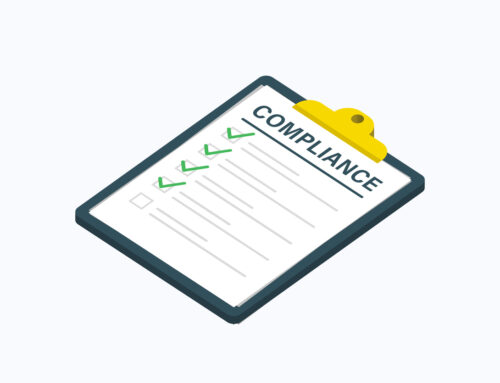Pot is Legal- What Now?
Shawnee Love • June 21, 2018
Not so fast. While the bill was approved federally, it doesn’t become law till October 17, 2018 to give the Provinces (and the rest of us) time to catch up.
In a previous blog called Working with Marijuana, I outlined a few dos and don’ts to help employers get prepared for this upcoming change. By October 17, 2018 we should have our policies in place and our training done. Employees should know the policy and how actual and suspected impairment will be handled. Supervisors should know how to recognize impairment and how to handle it.
Two key messages for your policy and training are:
- Employees are expected to be sober at work.
- If someone comes to work demonstrating signs and symptoms of pot use (or any other controlled substance for that matter), you have the right and responsibility to address it.
What Does it Mean to “Address” It?
By addressing the issue, I mean privately speaking with the employee to:
- Clearly reiterate the standard of being sober at work,
- Identify the signs, behaviours and/or symptoms which caused you to suspect the individual is under the influence,
- Ask the employee whether s/he has used pot (or any controlled substance) before or while at work and/or have the employee explain what is at the root of the impairment indicators you observed, and
- Respond to the employee’s answers appropriately.
What is an “Appropriate Response”?
Impairment at work is not okay, but even so, the appropriate response depends on the circumstances.
If the answer is “yes, I smoked up last night, this morning, before work, on my break, etc.”, you will be sending the person home for sure. Before you do, you may want to ask for more details (or set up an appointment for the employee to come back sober to discuss) because you need to understand whether the use is for medical purposes or not. If it is for medical purposes, the employee isn’t allowed to be under the influence and should be told that s/he breached policy and will need to provide medical documentation which can be used to determine a work plan that fits your organization. If the use wasn’t for medical purposes, impairment is more serious and likely subject to further discipline.
If the answer is “no, I didn’t use pot or any controlled substance”, and you feel the person is being truthful, it is time to ask questions about what else could be creating the impression someone is under the influence.
Again, if the person is unfit for work, you have the right to send the individual home whether the job is safety sensitive or not.
The tricky thing with pot is that there aren’t reliable tests for assessing current impairment. You just have to use your judgment and that means sometimes we will make mistakes. Its up to you to figure out how you will err.
Although employers shouldn’t panic, October will be here before we know it.
What’s One Thing Employers Can Do?
The best thing employers can do today is communicate.
Confirm that pot will be legalized in October but whether legal or not, employees are expected to be sober at work and not under the influence of any substance including alcohol, pot, narcotics, or even prescriptions which affect productivity or performance.
Questions and comments are welcomed.



